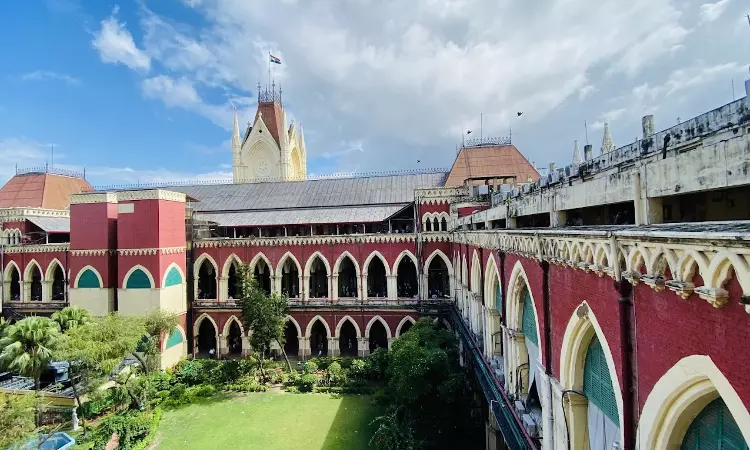The Calcutta High Court has held that a trial court cannot issue a warrant of arrest without application of mind and justifying the same under the law.A single bench of Justice Suvra Ghosh quashed the warrant of arrest against the petitioners, who were accused under inter alia Section 420 of the Indian Penal Code while observing that the trial court had issued the warrant of arrest against...

